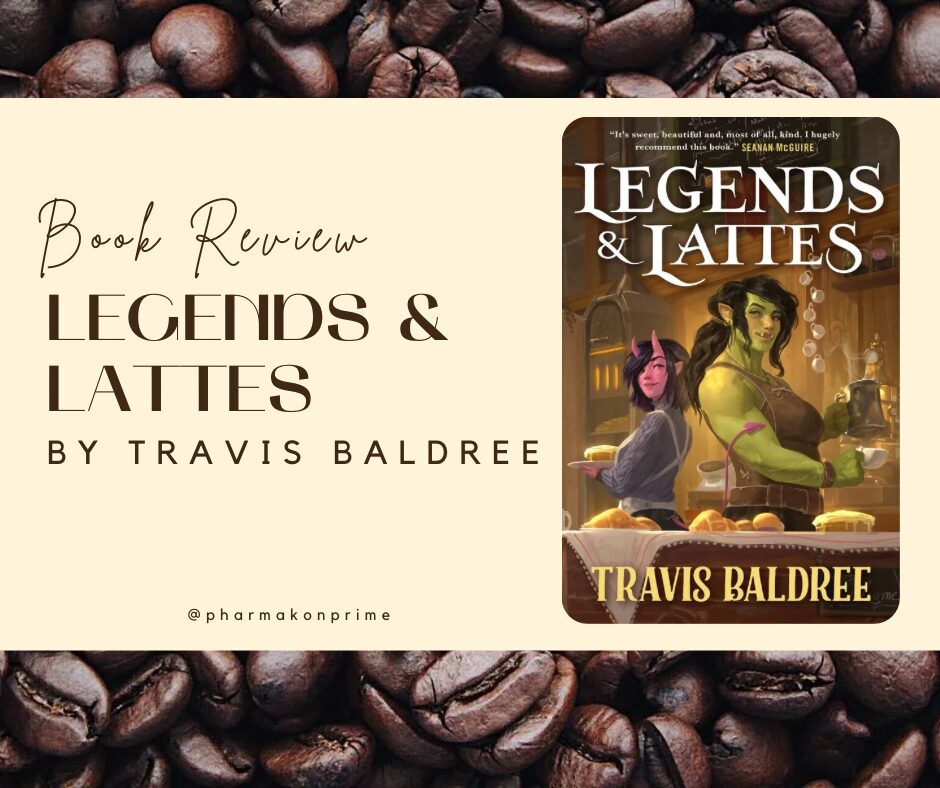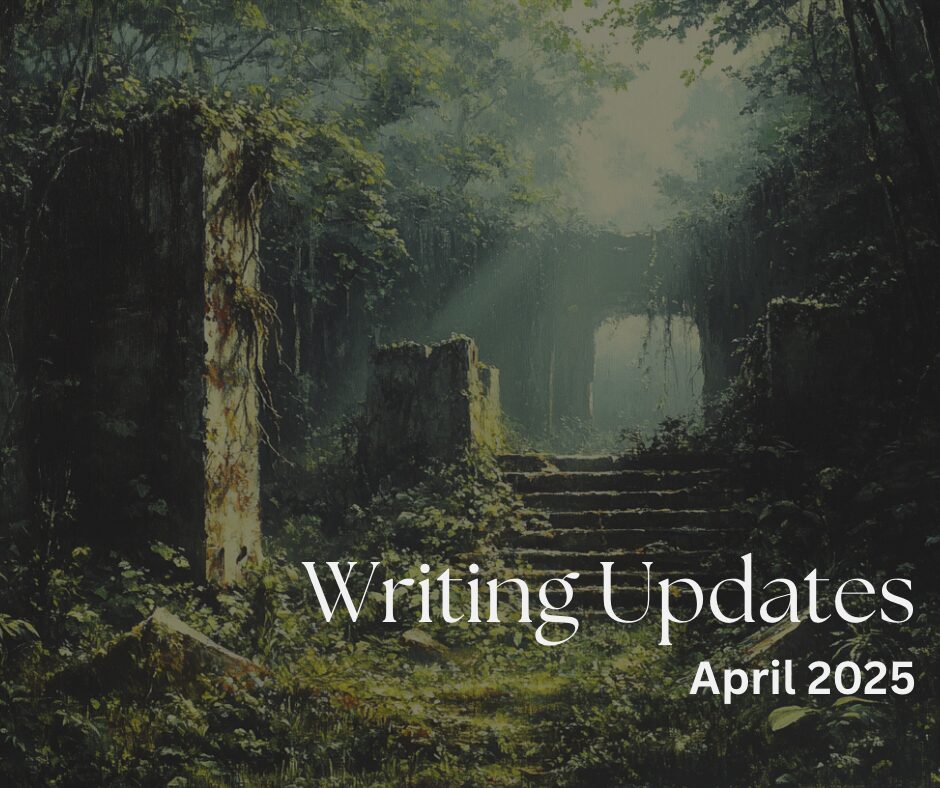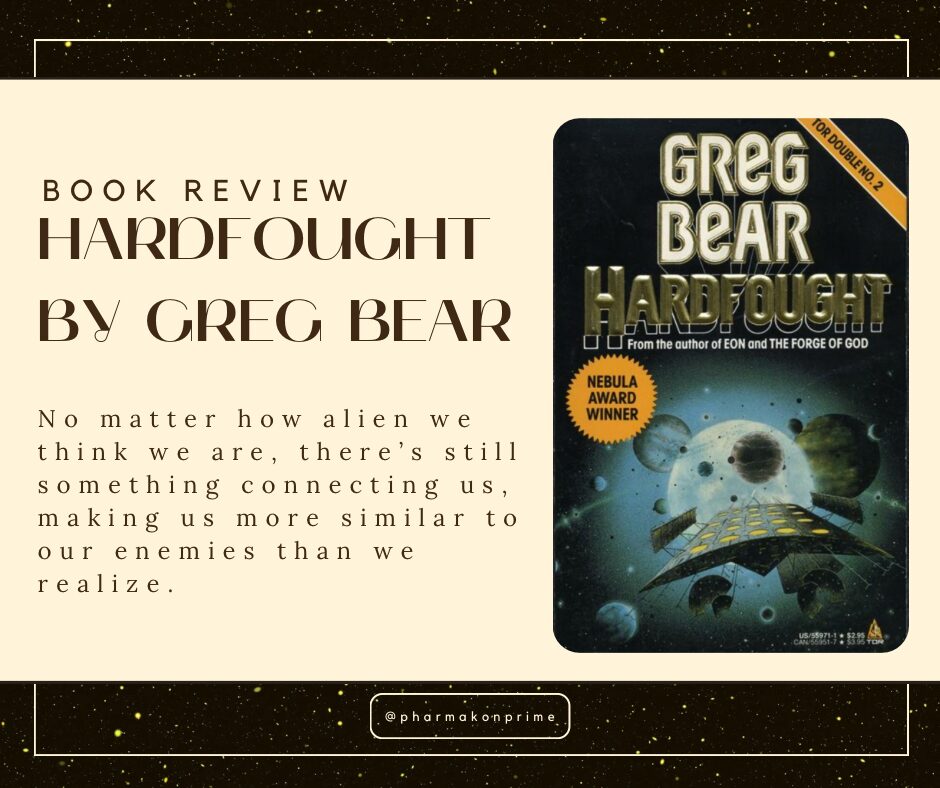This is a list of writing tools that I use or have used in the past. It’s here as much for my own reference as for yours. Enjoy!
(Please note that there are affiliate links on this page and if you click on one, I may earn a commission at no cost to you. Thanks for your support!)
The Most Dangerous Writing App
The Most Dangerous Writing App (squibler.io)
If you need some motivation to keep writing without stopping to edit and don’t mind living dangerously, this website is pretty brutal. First, you set how long you want to write and if you want a prompt or not. Then you start typing! If you stop typing, the app starts deleting your words. Once you get to the end, it thankfully lets you copy your writing into another word processor for safekeeping.
“While You’re Writing” Resources
Word Sprint Timers
I’ve put together a few word sprint timers that don’t have music so that you can listen to your own music while writing. Word sprints are an excellent way to boost your productivity as an author without getting your words eaten by an app.
OneLook Thesaurus
OneLook Thesaurus and Reverse Dictionary
This thesaurus is a bit more powerful than your usual thesaurus: you can type in a phrase or description of a word and it will spit out words it thinks might be the one you’re looking for. It also seems to come up with more synonyms than a certain other more famous thesaurus. I definitely recommend it.
Hemingway Editor App
Hemingway Editor (hemingwayapp.com)
These days, I use Grammarly and ProWritingAid to help smooth out my writing. But when I first started, I used the Hemingway Editor because it was free and surprisingly powerful. It checks spelling and grammar, but it will also tell you when your sentences are too long or convoluted, when you use passive voice, and highlights adverbs.
Learning the Writing Craft
Brandon Sanderson Lectures on YouTube
These are links to each individual video of a series of lectures by Brandon Sanderson, who teaches Creative Writing at Brigham Young University in Provo. He has kindly put up his lectures up on YouTube for anyone to watch, which is how I learned a lot about storytelling. He also has lectures from 2012 and 2016.
Lecture #1: Introduction — Brandon Sanderson on Writing Science Fiction and Fantasy – YouTube
Lecture #2: Plot Part 1 — Brandon Sanderson on Writing Science Fiction and Fantasy – YouTube
(I haven’t found Lecture #3, so if you find it, please send me a link!)
Lecture #4: Viewpoint and Q&A — Brandon Sanderson on Writing Science Fiction and Fantasy – YouTube
Lecture #7: Short Stories — With Special Guest Instructor Mary Robinette Kowal – YouTube
Lecture #8: Worldbuilding Q&A — Brandon Sanderson on Writing Science Fiction and Fantasy – YouTube
Lecture #9: Characters — Brandon Sanderson on Writing Science Fiction and Fantasy – YouTube
Lecture #10: Characters Part 2 — Brandon Sanderson on Writing Science Fiction and Fantasy – YouTube
Lecture #11: Character Q&A — Brandon Sanderson on Writing Science Fiction and Fantasy – YouTube
Writing Excuses
The Writing Excuses podcast was started by Brandon Sanderson and several of his author friends to go over all the many different aspects of writing stories. It’s not quite as organized as his lectures on YouTube, as the structure feels more like a panel at a comic con, but the earlier episodes in particular have quite a lot of great writing and storytelling advice.
The Secrets Podcast from Michael J. Stackpole
The Secrets: The podcast for serious writers! (stormwolf.com)
While all of the episodes aren’t available anymore, the ones that are available do have quite a lot of information regarding the business side of being an author. There are also some helpful tips about structuring stories.
Helpful Books
On Writing by Stephen King
If you’ve been around writers long enough, you will eventually hear about this book. This is essentially a writing-focused autobiography with some very useful insight into how one of the most successful modern writers has become the legend he is today.
Merriam-Webster’s Collegiate Dictionary
This is the dictionary that I’ve been using. It’s pretty extensive and works for all of my needs. I don’t recommend using a site like Dictionary.com because I feel like this dictionary is more extensive. You can also opt for the Oxford Dictionary of English. They also have dictionaries for other languages besides English.
Techniques of the Selling Writer by Dwight D. Swain
Writing stories isn’t as easy as getting a cool idea for a world, a magic system, or a cataclysmic problem and then scribbling a masterpiece down. Well, for most of it, it isn’t. Swain gets into the nuts and bolts of the craft in Techniques of the Selling Writer. It’s an invaluable resource for learning how to craft your story and create the drama and tension that readers crave.
Creating Characters: How to Build Story People by Dwight V. Swain
Creating Characters is a slimmer book that expands on the discussion of building characters that Swain outlined in Techniques of the Selling Writer.


